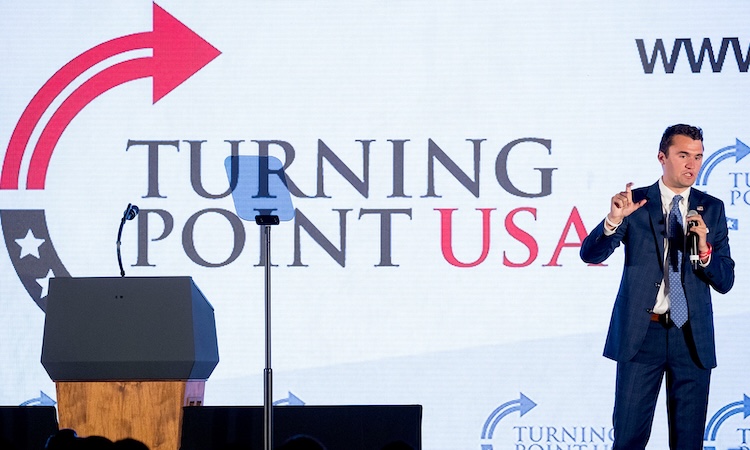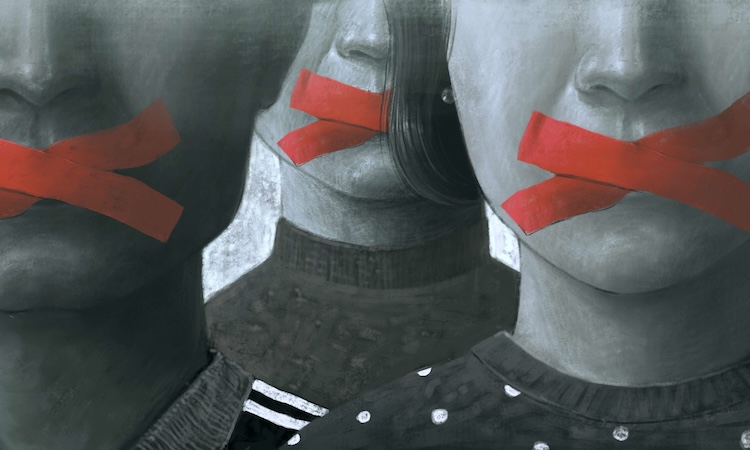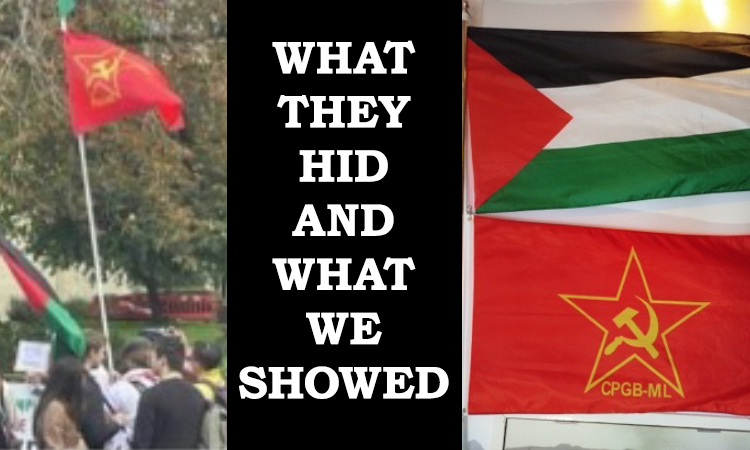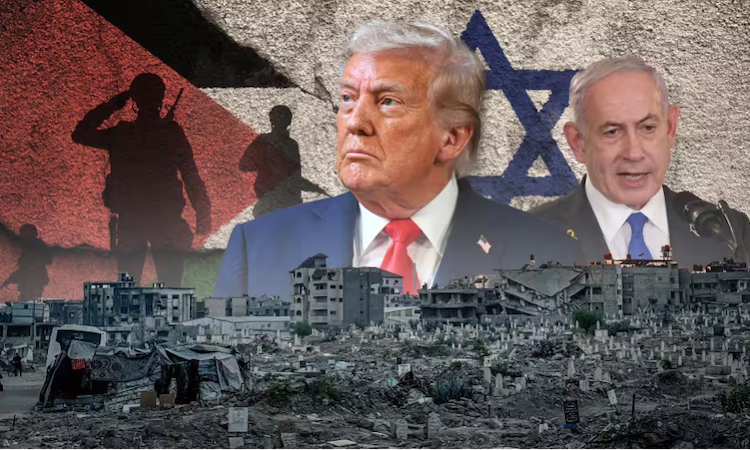Reproduced from Craig Murray‘s blog, with thanks.
*****
We were waiting for Richard Medhurst to arrive and join our panel at the Beautiful Days festival, when he was arrested and imprisoned for 23.5 hours. Obviously we were all worried sick about him.
It is now becoming easier to list the truly dissident UK journalists who have not been arrested for terrorism than those who have! This fascist ploy of labelling journalists as terrorists is incredible.
Richard’s case is slightly different to that of other journalists including myself, John Laughland, Vanessa Beeley, Johanna Ross, Kit Klarenberg and many more to suffer the same treatment, in that Richard was specifically held under Section 12 of the Terrorism Act, which outlaws support for a proscribed organisation.
Yes, you read that right. You can go to jail for 14 years for expressing an opinion in support of a proscribed organisation.
We now have an extraordinary conflict between UK domestic law and international law.
The International Court of Justice has just last month stated definitively to the United Nations general assembly that the Israeli occupation is illegal and it is the duty of states not to support it.
“Moreover, the court considers that, in view of the character and importance of the rights and obligations involved, all states are under an obligation not to recognise as legal the situation arising from the unlawful presence of Israel in the Occupied Palestinian Territory. They are also under an obligation not to render aid or assistance in maintaining the situation created by Israel’s illegal presence in the Occupied Palestinian Territory.
“It is for all States, while respecting the Charter of the United Nations and international law, to ensure that any impediment resulting from the illegal presence of Israel in the Occupied Palestinian Territory to the exercise of the Palestinian people of its right to self-determination is brought to an end. In addition, all the States parties to the Fourth Geneva Convention have the obligation, while respecting the Charter of the United Nations and international law, to ensure compliance by Israel with international humanitarian law as embodied in that Convention.”
Yet it is perfectly legal in UK domestic law for zionists to state that they support the Israeli Defence Force and they hope that the IDF kill every Palestinian in Gaza.
Indeed zionists state this all the time, supporting an action that is entirely illegal in international law, and no action is ever taken against these zionists by the British state.
Members of the IDF who have actually participated in the genocide are able to come and live in Britain unmolested.
In stark contrast to the illegal acts of the occupying power, the Palestinian people do have the right of armed resistance in international law.
This right is founded on the right of self-determination in the UN charter and is encapsulated in the first protocol of the Geneva Convention (1977) article 1, para 4:
“The situations referred to in the preceding paragraph include armed conflicts in which peoples are fighting against colonial domination and alien occupation and against racist regimes in the exercise of their right of self-determination, as enshrined in the Charter of the United Nations and the Declaration on Principles of International Law concerning friendly relations and cooperation among states in accordance with the Charter of the United Nations.”
Yet under UK law it is legal to express support for the completely illegal operations of the IDF (illegal even without considering the question of genocide!), while it is illegal to express support for completely legal acts of resistance by certain Palestinian groups.
Let me spell this out again.
It is legal in UK law to support Israel’s genocidal and illegal acts of colonial occupation, but illegal in UK law to support Palestine’s legal acts of armed resistance to colonial and racist occupation.
The protocol to the Geneva convention makes clear that those engaged in armed resistance against occupation are both entitled to the same humanitarian protections, and obliged to respect the same humanitarian law, as other combatants.
There is a fascinating twist here from the days when Robin Cook was foreign secretary and I was deputy head of the FCO Africa department. In 1998, the first protocol of the Geneva convention was incorporated into UK law, and the United Kingdom made a very telling reservation.
British law stipulates that the first protocol’s recognition that a person not wearing uniform may still be a lawful combatant, and entitled to the full protections of the Geneva convention, provided he carries his arms openly, applies only in occupied territory or when engaged in fighting colonial or racist occupation.
Let us look at that more closely.
Schedule H of the UK Geneva Conventions Act (First Protocol) Order 1998 states in article 44, paragraph 3 that:
“It is the understanding of the United Kingdom that: the situation in the second sentence of paragraph 3 can only exist in occupied territory or in armed conflicts covered by paragraph 4 of Article 1.”
… which means that this provision of the first protocol:
“Recognising, however, that there are situations in armed conflicts where, owing to the nature of the hostilities an armed combatant cannot so distinguish himself, he shall retain his status as a combatant, provided that, in such situations, he carries his arms openly:
“(a) During each military engagement, and
“(b) During such time as he is visible to the adversary while he is engaged in a military deployment preceding the launching of an attack in which he is to participate.
“Acts which comply with the requirements of this paragraph shall not be considered as perfidious within the meaning of Article 37, paragraph 1 (c).”
… only applies ‘in UK law’ where:
“The situations referred to in the preceding paragraph include armed conflicts in which peoples are fighting against colonial domination and alien occupation and against racist regimes in the exercise of their right of self-determination, as enshrined in the Charter of the United Nations and the Declaration on Principles of International Law concerning friendly Relations and cooperation among states in accordance with the Charter of the United Nations.”
So, and it is absolutely important this is understood, the right to fight against colonial domination and alien occupation and against racist regimes is not only an absolute right in international law, ‘it is also a specific right in UK law’.
And UK law further specifically recognises that when fighting colonial domination, alien occupation and a racist regime, you do not have to wear uniform.
Applying this to 7 October, it means that those armed Palestinian combatants who were not members of a proscribed organisation (see below) were engaged in legal armed struggle in terms of UK law, provided they respected international humanitarian law in so doing.
Which makes the recent clarifications that the majority of civilian casualties were killed by the IDF, and that the mass rapes and beheaded babies stories were a total fabrication, still more important.
Every colonial or racist power that has ever faced armed resistance has always characterised the native peoples resisting as ‘terrorists’, ‘savages’ or similar. Asymmetric warfare is by nature unconventional. The systematic and often legalised atrocities of the coloniser will indeed often spark uncontrolled acts of rage that rightly fall outside what international humanitarian law will condone.
So we now have the situation that Richard Medhurst is arrested for allegedly supporting armed resistance that is not only undeniably legal in international law but is also specifically legal in British law.
The source of this conundrum is the extraordinarily arbitrary power of proscribing an organisation.
Now, to proscribe an organisation, the government does not have to prove its actions were illegal, either under international law or under UK law. An organisation is proscribed simply on the basis that the government says so.
If the government proscribed the Girl Guides, you could get up to 14 years in jail for expressing support for the Girl Guides, and no amount of argument in court that the Girl Guides is not in fact a terrorist organisation would help you.
Hamas and Hezbollah are acting legally in UK law in terms of the Geneva Convention First Protocol Order of 1998, but expressing support for them is nevertheless illegal because the proscription of an organisation is an entirely arbitrary power of the executive.
When I ran the Foreign and Commonwealth Office’s South Africa (political) desk in 1985, it was the firm position of the Thatcher government that the ANC was a terrorist organisation and that Nelson Mandela was rightly and correctly imprisoned as a terrorist.
The notion that governments can fairly and impartially designate ‘terrorists’ is very obviously nuts.
It is important to add that this analysis of the legal position in no way implies that I do, or do not, approve of Hamas or Hezbollah. In general, I am not in favour of mixing the state and religion, so I come from a very different place and have my criticisms.
But it is also important not to be scared to state that the proscription of Hamas as a terrorist organisation does not align with the UK legal position in the first protocol order that specifically recognises the right of an occupied people to armed resistance.
It also causes great confusion. It is, for example, only the military wing of Hamas that is a proscribed organisation. So far as I can tell, it would not be illegal to state that Hamas did a very good job of running Gaza’s schools and hospitals.
But it is very difficult to be sure – the law and its application are arbitrary and not foreseeable.
When I stood for election in Blackburn, I had the specific endorsement of the Palestinian foreign ministry, which had been engaged with the South African delegation in the ICJ genocide case against Israel at the Hague.
I was then also (unsolicited) offered the endorsement of Hamas. This caused some headscratching and I consulted an eminent lawyer. He advised that while it would be illegal for me to endorse Hamas, it would not be illegal for Hamas to endorse me.
Particularly so if it came from the political and not the military wing.
I thought this sounded great fun, but perhaps not great enough fun for me to spend several years of my life fighting the case from inside a prison cell. So I did not take up the offer.
Any law that states you can be jailed for 14 years simply for expressing an opinion is a very bad law, no matter what that opinion may be.
To use such arbitrary power to seek to silence those who are opposing a most dreadful genocide is the action of an over-mighty state led by evil people.
I think it is most important that we are not silenced. Hence this article. Most of my friends are advising me I should travel abroad for a while once again, and I am trying to make up my mind about this. I should be grateful for your views.
The UK is plainly not a safe place for political dissidents.
The reason for this galloping authoritarianism is, of course, panic by the political class that they have lost popular consent, particularly for zionism, in view of the appalling genocide in plain view by the terrorist settler state.















